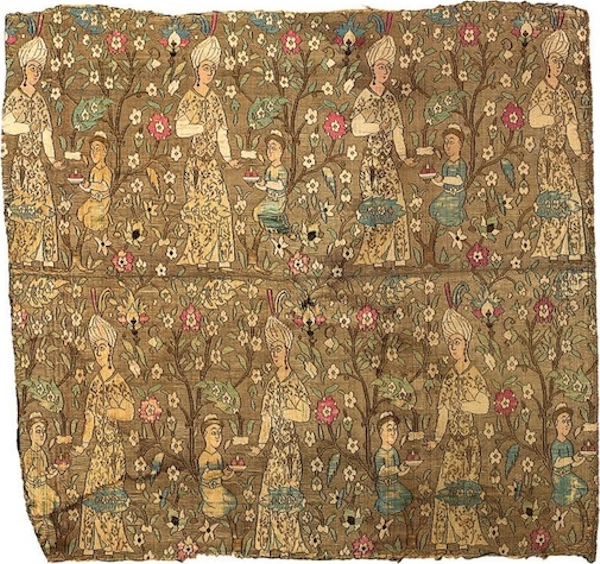
Since what is intended by man’s existence is that he attain supreme happiness, he—in order to achieve it—needs to know what happiness is, make it his end, and hold it before his eyes. Then, after that, he needs to know the things he ought to do to attain happiness, and then do these actions. In view of what has been said about the differences in the natural dispositions of individual men, not everyone is disposed to know happiness on his own, or the things that he ought to do, but needs a teacher and a guide for this purpose. Some men need little guidance, others need a great deal of it. In addition, even when a man is guided to these two [i.e., happiness and the actions leading to it], he will not, in the absence of an external stimulus and something to arouse him, necessarily do what he has been taught and guided to. This is how most men are. Therefore they need someone to make all this known to them and to arouse them to do it.
—Alfarabi (??? ??? ???? ????????), The Principles of Beings (Kitab al-Siyäsat al-Madanïyyah), pp. 47-48 (ca. 940 CE)(F. Najjar transl.)
For Alfarabi, the great son of the Central Asian Steppe, the pursuit of happiness invariably involves music. Alfarabi mixes translation and commentary on Platonic dialogues with theorizing about the construction of the lute and testing and commenting on various frets. He authored the great early Arabic-language treatise on music theory in which the Pythagorean roots of his thinking become apparent. Oral legends about Alfarabi and music are common in Central and Southern Asia, and a consistent portrait emerges from them: he is a musical perfectionist who pays great attention to techniques, especially involving the fingering of stringed instruments; he is himself a masterful composer and performer; his music has special qualities following the Pythagorean theory–the ability to affect the emotions or physical state of the listener. Although much of his writing has survived and with it diagrams of frets and plans for the construction of new musical instruments, we still have only vague notions of what Farabian music sounds like. But there is little doubt that Alfarabi’s theory about music strongly influenced the Muslim world, and in particular the culture of lute music–a culture that made contact with the West during the crusades and through the establishment of Islamic culture in Spain. The Spanish guitar, and the tradition of the troubadours are points of transmission of this tradition to the west.


